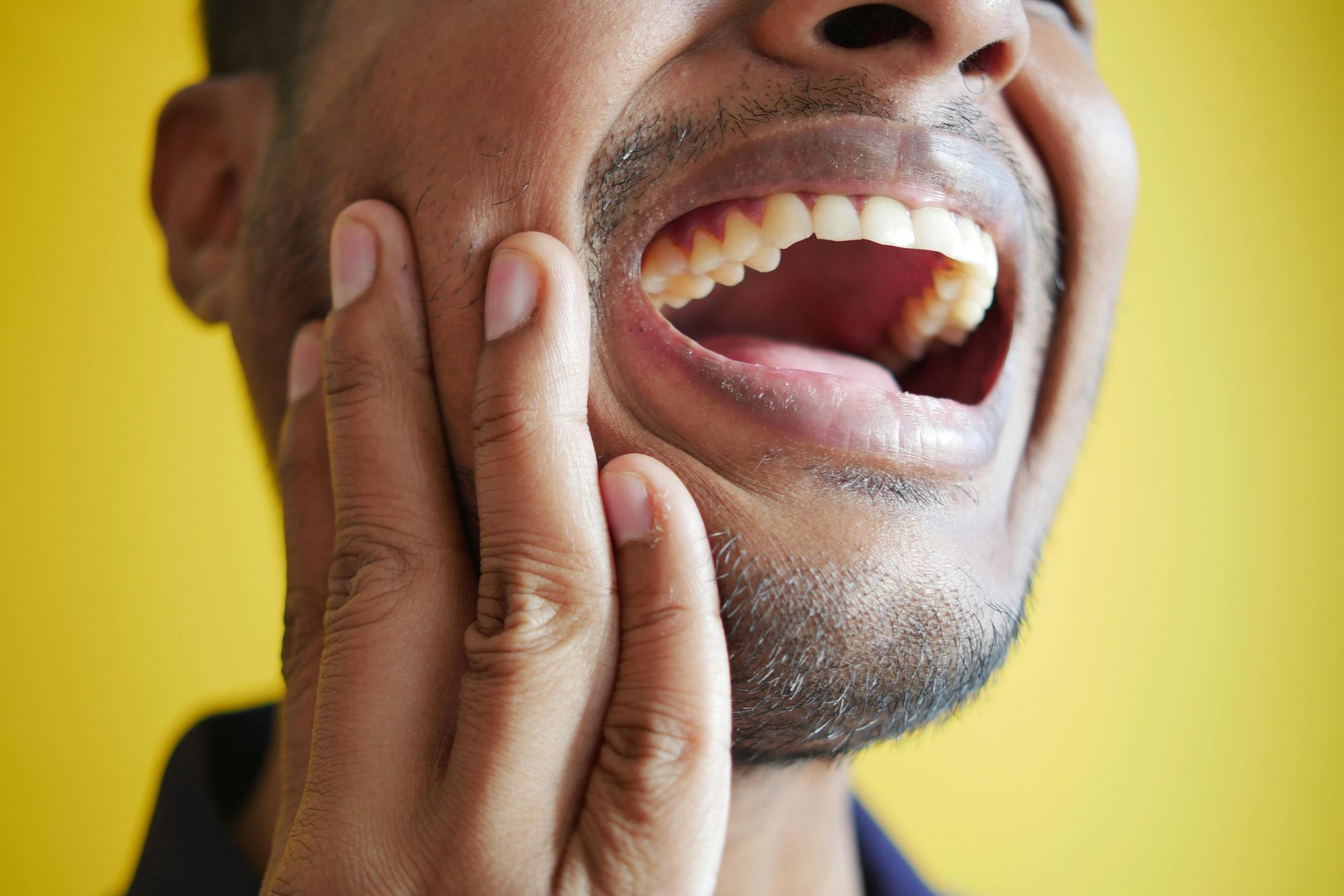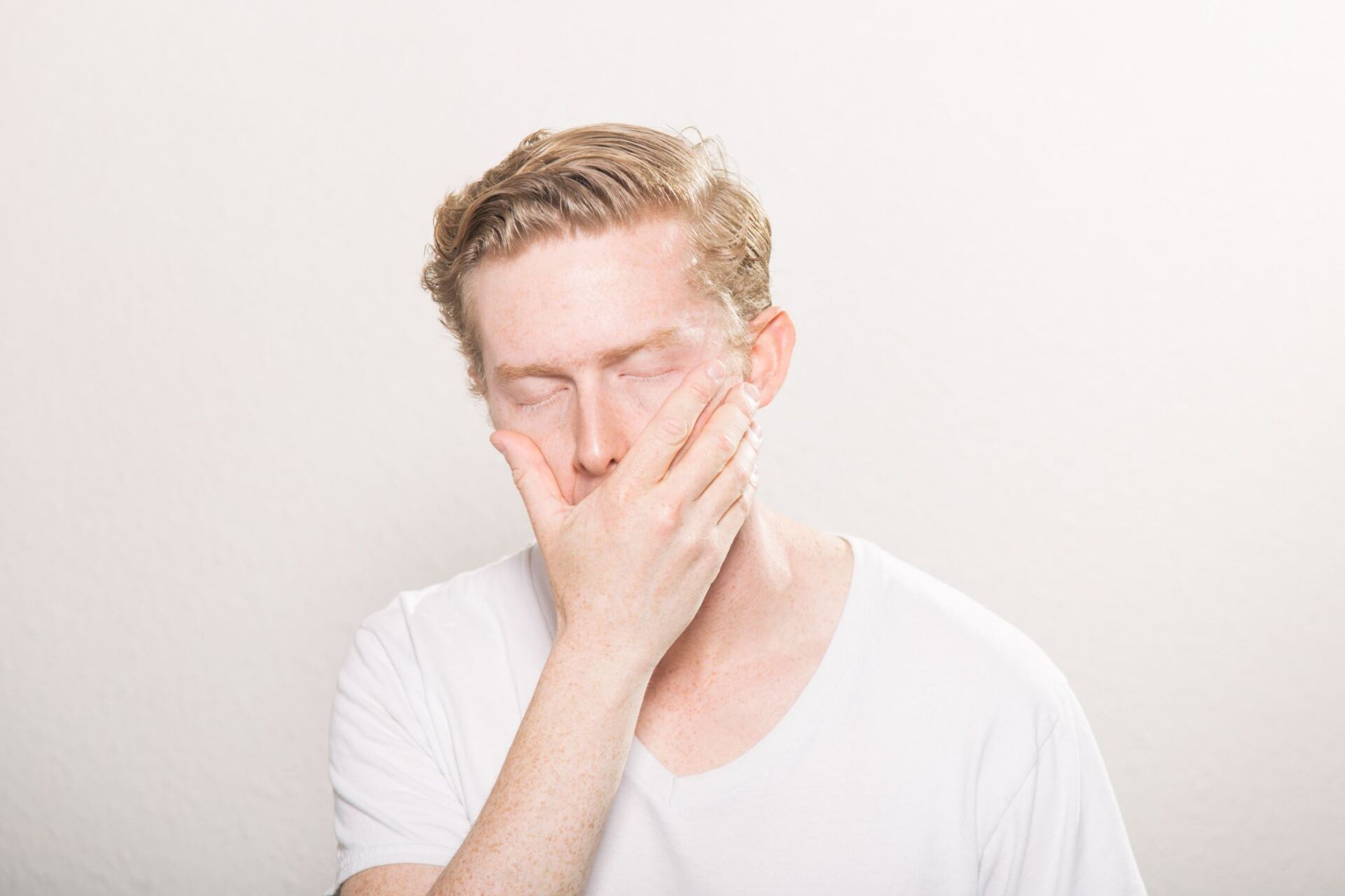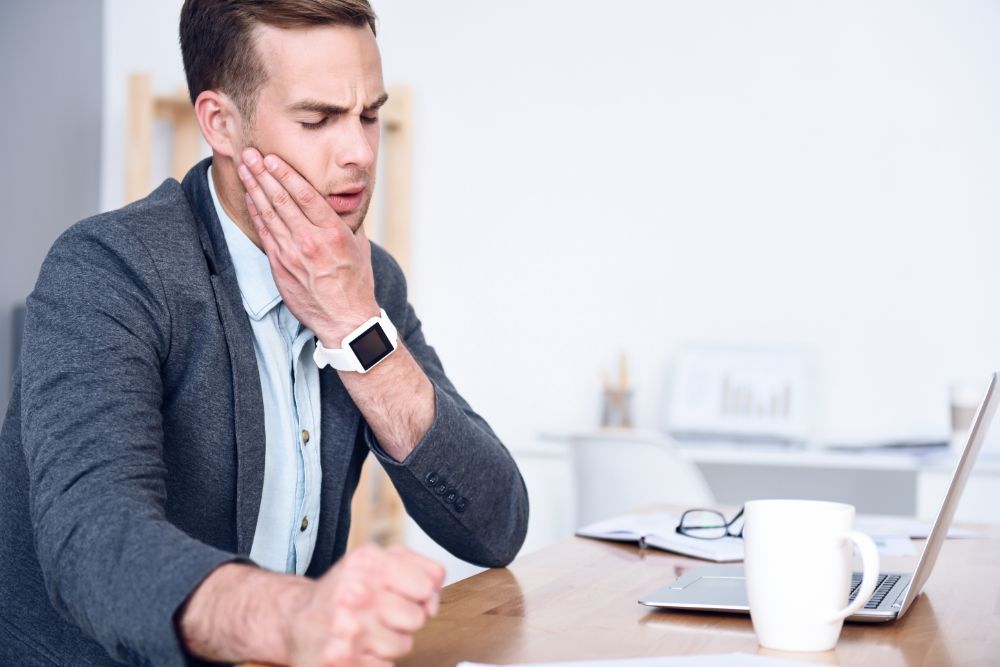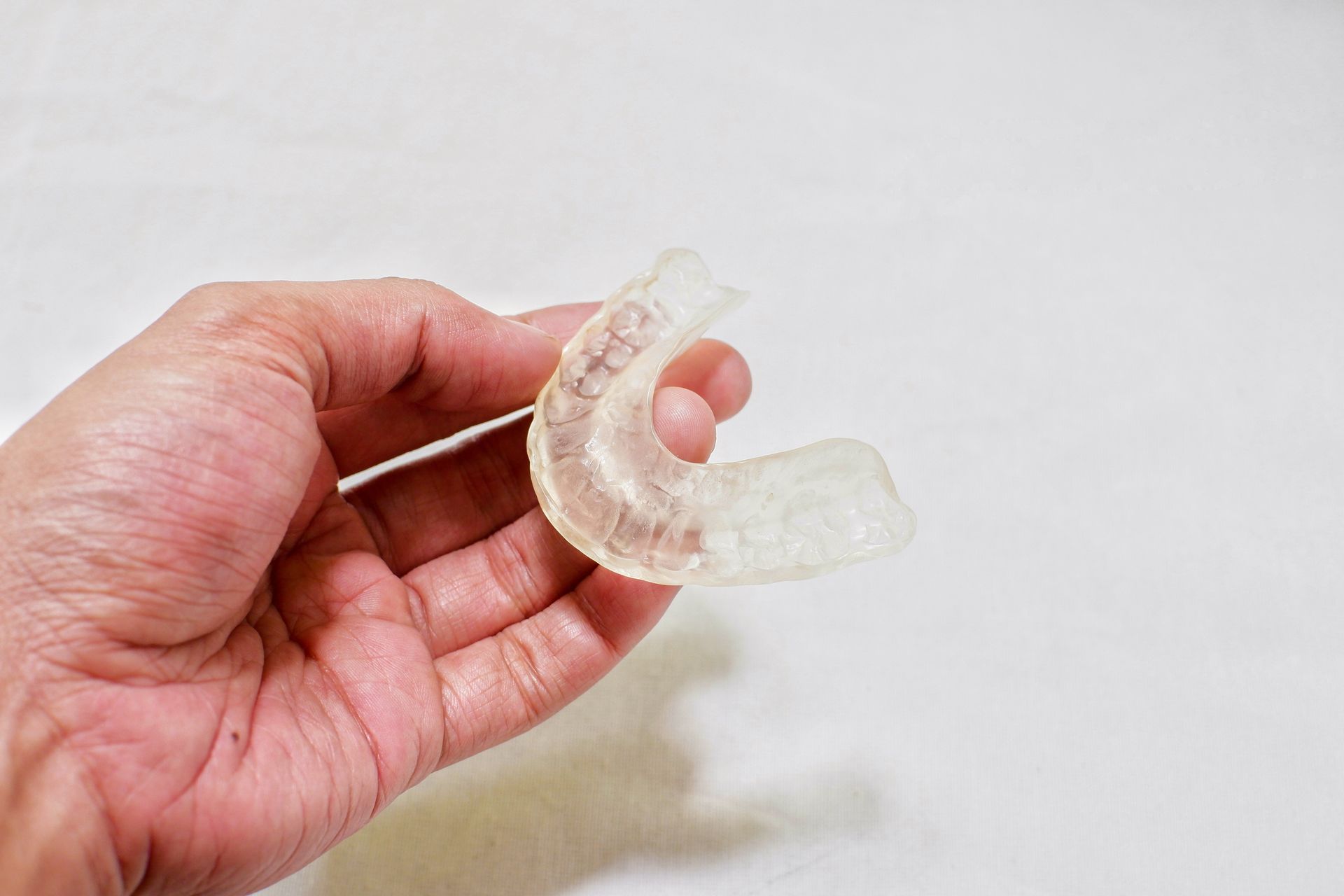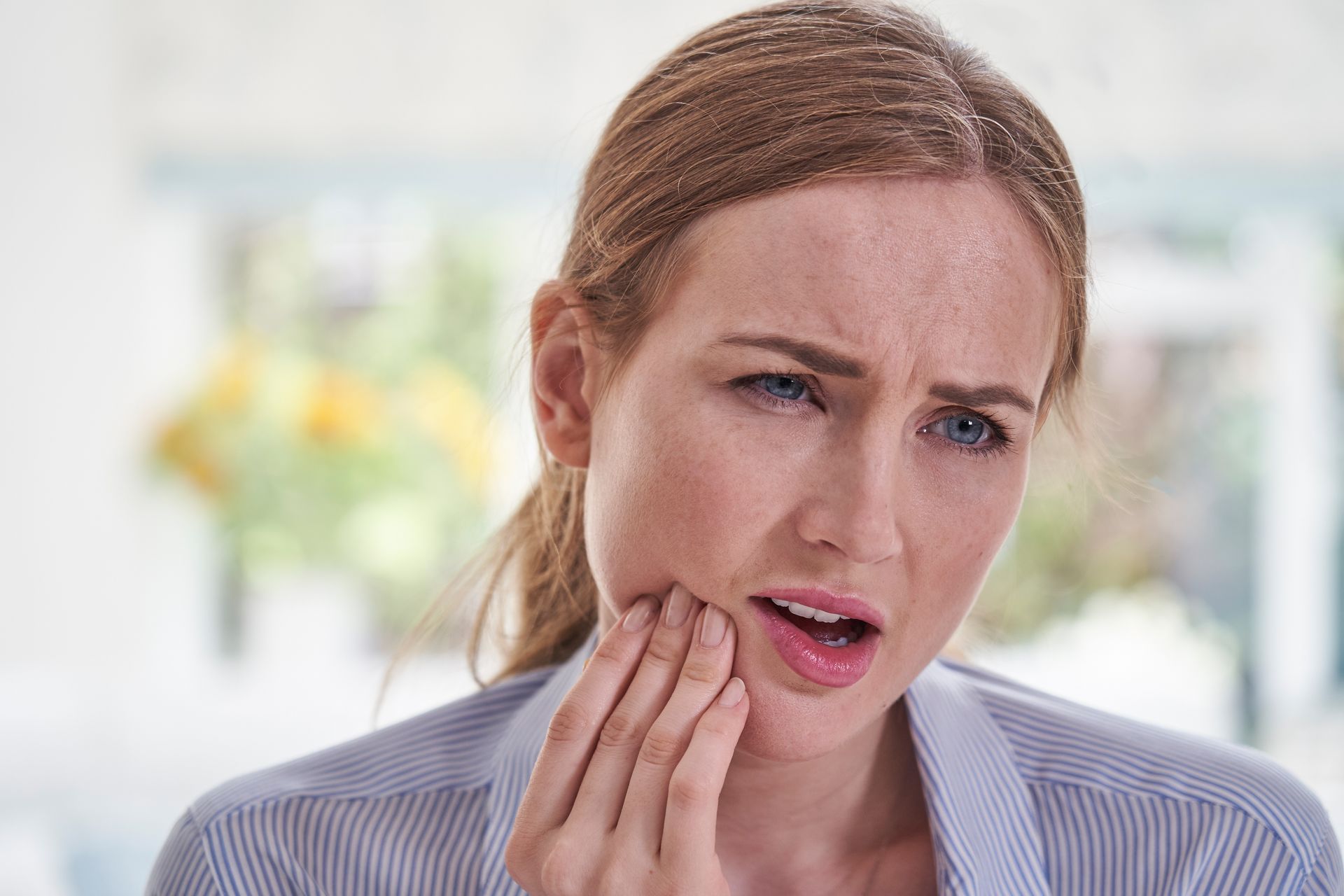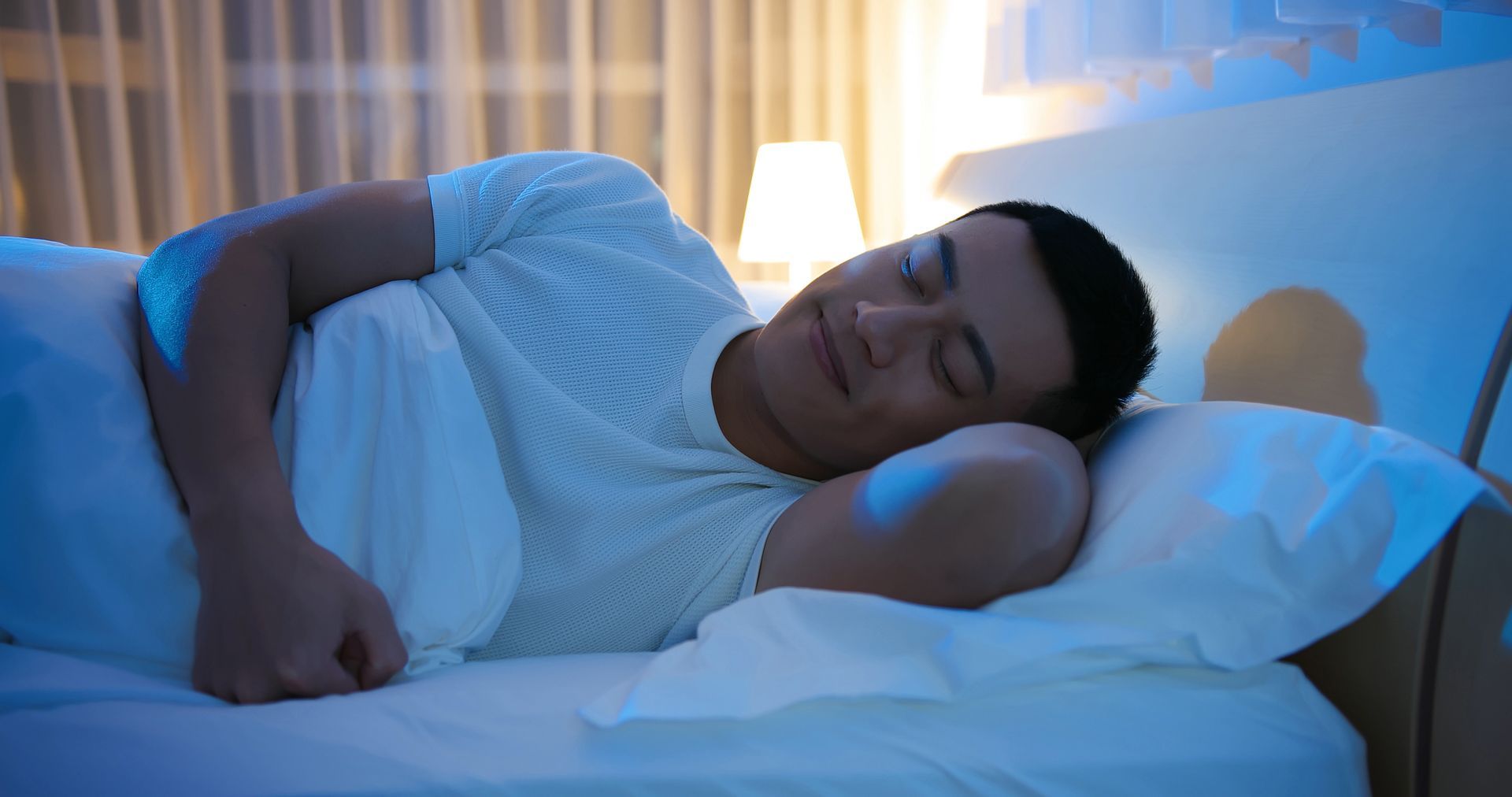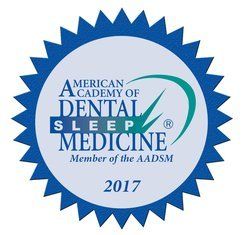Why Am I So Tired All of the Time?
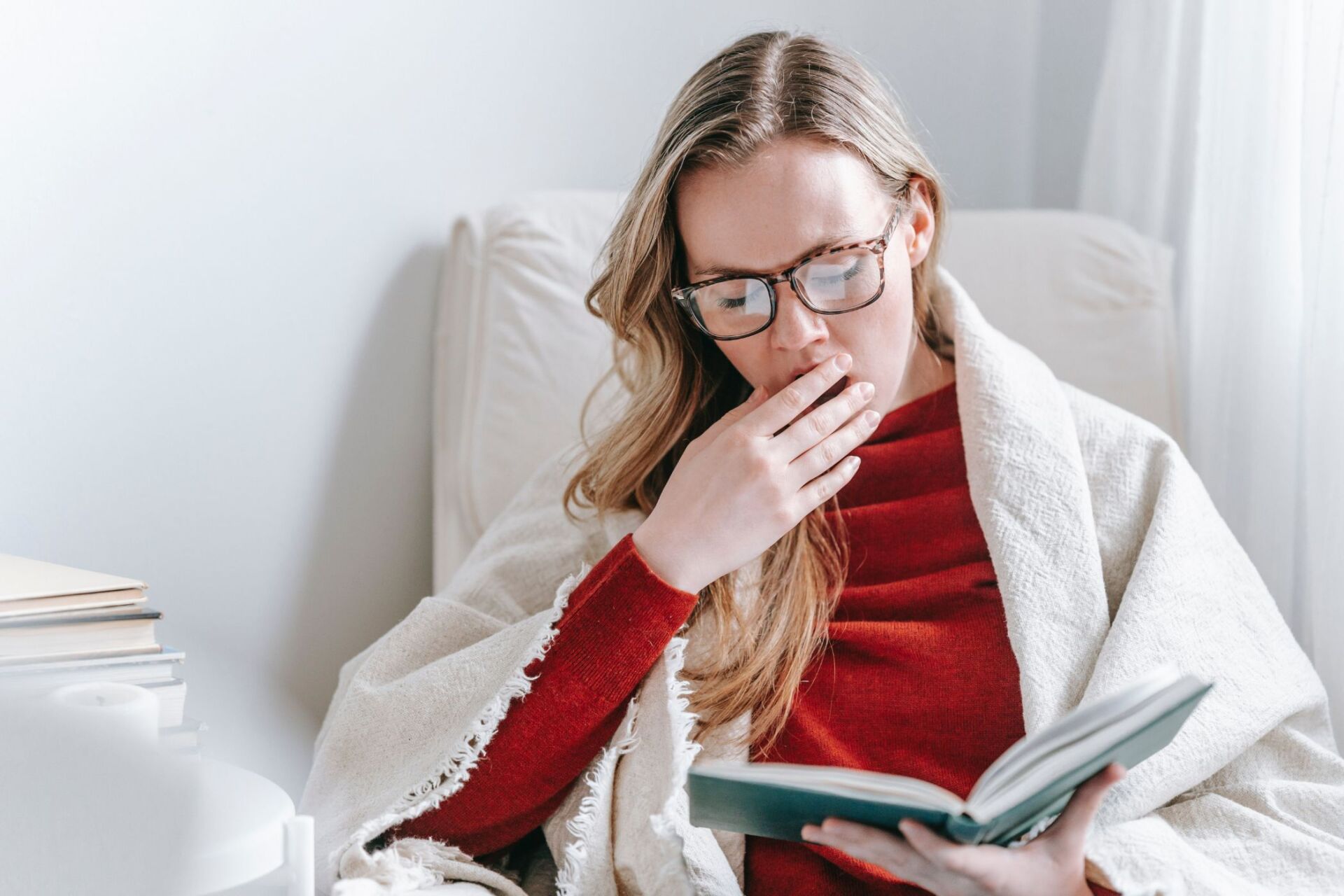
Do you find yourself waking up tired day after day? Is a lack of good rest impacting your career and personal life? Unfortunately, sleep disorders are common ailments. As many as 70 million Americans are afflicted with chronic sleep and wakefulness disorders and at least 25 million Americans suffer from sleep apnea.
Even if you’re getting the prerequisite 8 hours of sleep that your body needs, you could be waking up tired. Various conditions and factors, including sleep apnea, lifestyle, diet, hypothyroidism, and stress can affect your sleep. Fortunately, Dr. Phillips works with hundreds of patients per year treating sleep disordered breathing.
Sleep disorders can be difficult to diagnose and each case will require a different treatment plan. Take
sleep apnea, this condition is especially pernicious because many people don’t realize that they suffer from it. With sleep apnea, you could be falling asleep and waking up at the right times but may still suffer from daytime tiredness.
Diagnosing such conditions can be difficult. Using years of experience, Dr. Phillips collaborates with local sleep physicians and sleep labs to determine what’s causing your sleeping disorder and also suggest the right treatment plan.
Health Conditions Making You Tired?
Many medical conditions can also reduce both the number of hours and quality of your sleep. People who suffer from these medical conditions find themselves stuck in a slump that can feel all but impossible to break out of.
Some common medical conditions that can impact your ability to get a good night’s rest include:
Sleep Apnea
Sleep apnea is a common medical condition. Those who suffer from sleep apnea experienced blocked airways while they sleep. This can result in loud snoring and even outright choking. There are 3-types of sleep apnea:
- Central Sleep Apnea: occurs when the brain sends incorrect signals to the muscles that control your breathing.
- Obstructive Sleep Apnea: the throat muscles intermittently relax, resulting in airway blockages.
- Mixed Sleep Apnea: individuals who suffer from this condition will suffer from a mix of both central and obstructive sleep apnea.
Chronic Pain
If a medical condition, such as a temporomandibular disorder (TMD), is producing chronic pain, it could make it more difficult for you to relax and fall asleep. In this case, you may need to treat the underlying condition.
Hypothyroidism
Occurs when the thyroid gland is unable to produce enough thyroid hormone. This results in metabolic issues and may cause daytime tiredness even if you’re getting a long night’s rest.
Depression
Various mental conditions, including depression, have been linked to insomnia and other sleeping disorders. In a worst-case scenario, a patient may suffer from a chronic feedback loop. Depression makes it hard to sleep, and the next day, the patient is more depressed owing to a lack of sleep.
If a medical condition is causing your insomnia, it’s important to seek medical treatment. Many health conditions won’t simply go away and will instead require medical treatment.
Is Your Lifestyle Impacting Your Sleep?
Your lifestyle could have a huge impact both on how many hours of sleep you get and the quality of your sleep. It’s important to examine your lifestyle and whether anything is detrimental to your sleep. Let’s take a look at some common lifestyle factors that can influence your ability to get a good night’s rest:
Inconsistent Sleep Routine
Many people suffer from an inconsistent sleep routine. One night, they might go to bed at 9 PM, the next night, it might be midnight. This makes it hard for the body to develop a consistent sleep routine.
Poor sleeping conditions
Your environment can have a big impact on your ability to catch Zs. A soft mattress might not be providing enough support. Meanwhile, digital devices in bed can be a huge distraction and may expose you to sleep disrupting blue light. Loud neighbors, a snoring sleeping partner, and many other environmental conditions can affect your sleep.
Sedentary lifestyle
Sedentary people often have trouble falling asleep. On the other hand, studies suggest that getting plenty of exercise leads to better sleeping habits.
Excessive stress
Careers, finances, personal relationships, and other factors can produce a lot of stress. Unfortunately, if you’re stressed, you’ll struggle to both fall and stay asleep.
Poor nutrition
A healthy diet can go a long ways towards more restful sleep. Unfortunately, a poor diet can make it more difficult to get some rest. This is especially true if your diet is loaded with caffeine and sugar.
Alcohol
If you drink excessively before bed, you’re likely to suffer from a poor night’s sleep, even if you catch a full 8 hours. Alcohol can reduce Rapid Eye Movement (REM) sleep, which is vital for recharging your body.
Keep in mind that sleeping disorders can also have a big impact on your lifestyle. If you’re not getting enough or are suffering from low quality sleep, it’s likely to have an impact on your overall quality of life. Job performance could suffer, personal relationship issues could develop, or you could just be too tired to fully enjoy life.
Conclusion: A Good Night’s Sleep is Essential
Sleep quantity and quality can have a big impact on your life. If you’re not well rested, everything from simple daily tasks to important life events can be affected. You may even suffer from heightened levels of stress, depression, and other conditions. Yet sleeping disorders are difficult to diagnose and treat. In fact, sleep disorders are frequently misdiagnosed and as a result, the prescribed treatment may prove ineffective.
If you believe you have a sleep disorder it is important that you see a sleep physician to get properly diagnosed. If you have been diagnosed with obstructive sleep apnea, and you are unable to tolerate CPAP therapy Dr. Phillips specializes in oral appliance therapy and other alternatives that have helped thousands of patients get the rest they’ve been missing.
If you or a loved one are having trouble tolerating CPAP therapy or you just need help finding a place to start,
contact Dr. Phillips today!
Contact Us Today For A Consultation!
Contact Us
Thank you for reaching out to us at REstore TMJ and Sleep Therapy. We look forward to helping you. We will follow up within 24 hours for contact requests received during normal office hours Monday – Thursday. If you have submitted a request later in the day on Thursday – Sunday, we will follow up on Monday. If you would like to talk to us before we can get to your request, please feel free to give us a call at 281-296-6797 Monday – Thursday 8am – 4:30pm. Have a great day!
Regards,
Dr. Katherine Phillips and Staff
Please try again later.
REstore TMJ & Sleep Therapy P.A.
1001 Medical Plaza Drive,
Suite 200 | The Woodlands, TX 77380
281-296-6797
Dr. Phillips serves TMJ & Sleep patients in: The Woodlands TX | Spring TX | Conroe TX Tomball TX | Cypress, TX | Houston, TX | Kingwood TX | Humble, TX | Katy TX
© 2023 by REstore TMJ & Sleep Therapy | Terms Of Service & Privacy Policy | XML Sitemap
-2700x842-1920w.png)






